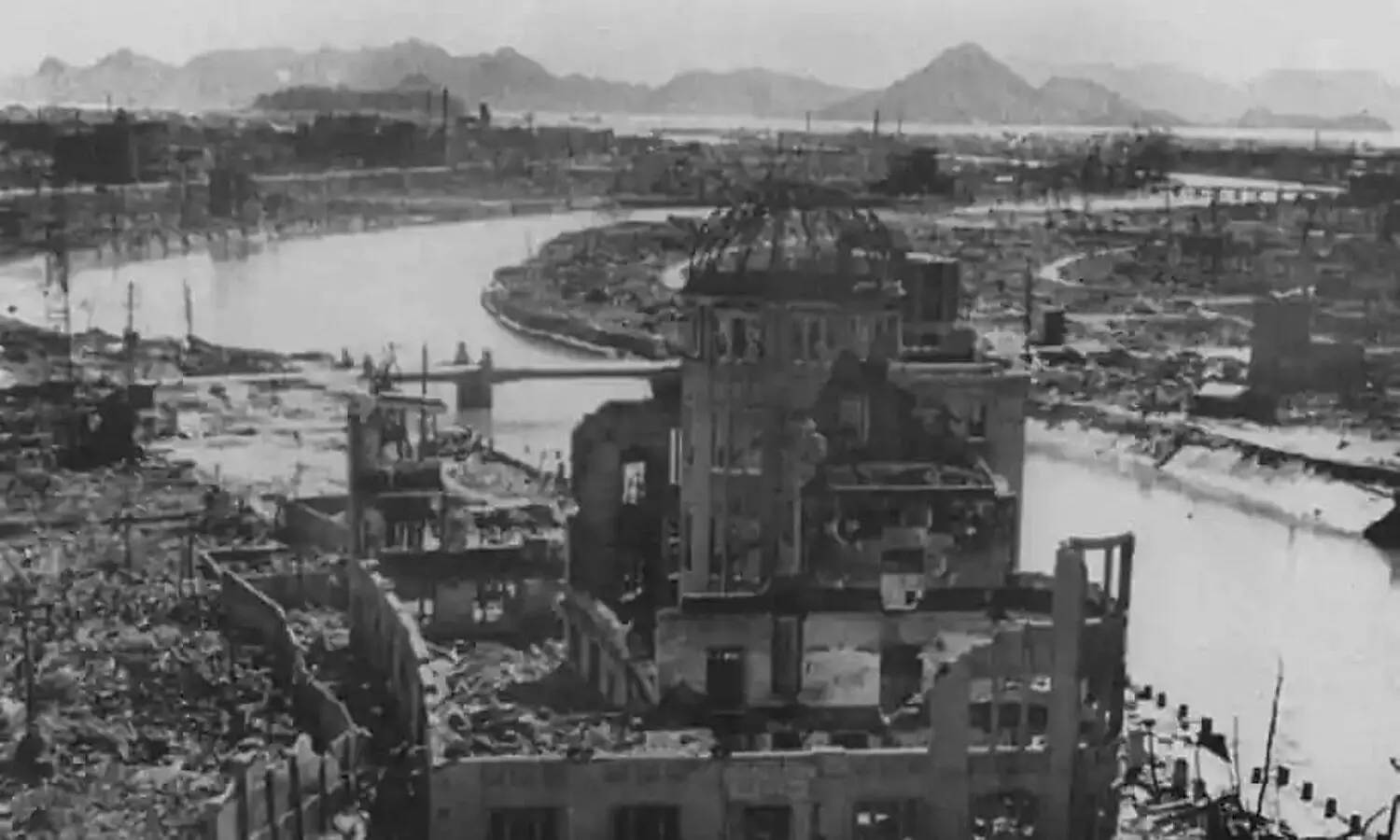TRENDING TAGS :
Hiroshima Day 2021: History, significance, impacts of World War II atomic bombings
Hiroshima Day: The city saw the terrors of the atomic weapon the moment an American B-29 bomber dropped it on the populace.
Hiroshima Day: History, Signifance and impacts
Hiroshima Day is observed on August 6, 2021 around the world, will be the 76th anniversary of the atomic bombing of the Japanese city in the final year of World War II.
On this day in 1945, the United States dropped the very first deployed nuclear bomb in the city of Hiroshima, wiping out an estimated 39 per cent of the population, most of who were civilians. Along with the atomic bombing of Nagasaki three days later, these instances remain the only recorded use of nuclear weapons in armed conflict.
Hiroshima Day: History
Hiroshima bombings of 1945 were "necessitated", as said by the United States, as the Allied Forces continued to struggle against Japan even after Germany's surrender in World War II. In reports that have since been revealed, it has been known that the US administration at the time practically believed that the use of a nuclear weapon would force Japan to yield and save millions of casualties in the process.
The Manhattan Project, commissioned by the US, created two atomic bombs. The first one, called 'The Little Boy' was dropped in the city of Hiroshima while the second one, dubbed 'The Fat Man', was dropped in Nagasaki by the US on August 6 and 9, respectively.
Hiroshima saw the terrors of the atomic weapon the moment an American B-29 bomber dropped it on the city.
Hiroshima Day: Significance
Hiroshima Day 2021 will commemorate, like every year, the 1945 tragedy which completely destroyed the two cities and left the country to deal with a dreadful fate even in its aftermath. It reminds the world that all wars are terrible, and nuclear warfare even more so. It reminds thousands of politicians, diplomats, and envoys around the world that diplomacy is the only option while navigating geopolitics in the 21st century because only nine countries in the entire world currently possess more than 13,000 nuclear weapons.
Hiroshima Day serves as a day of remembrance and a focus for anti-war and anti-nuclear demonstrations in several countries.
Hiroshima Day: The legacy of nuclear warfare
Hiroshima and Nagasaki atomic bombings of 1945 are an eerie reminder for the world of the devastating effects of nuclear warfare that two recorded instances in history left for humankind.
Together, the two nuclear attacks killed between 129,000 and 226,000 people.
Stay tuned with the newstrack to get fastest updates. Click @englishnewstrack to follow us on Facebook and @newstrackmedia to follow on Twitter.



